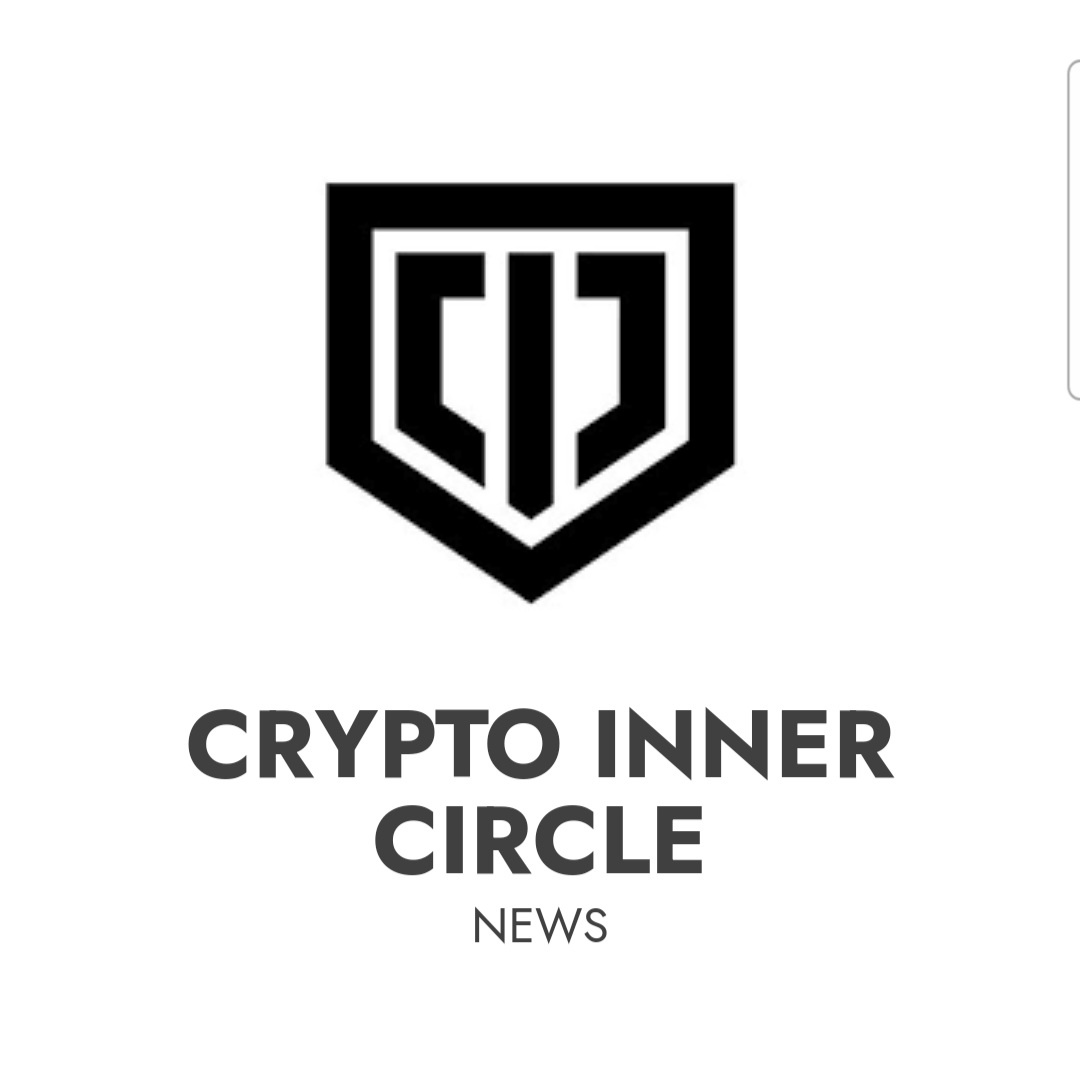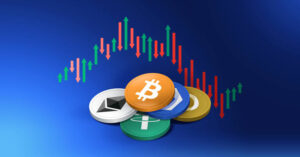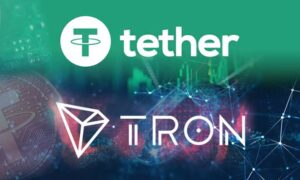
Introduction
Decentralized Finance, or DeFi, has emerged as a transformative force in the financial sector, democratizing access to financial services and reshaping traditional systems. In this post, we’ll explore what DeFi is, its key components, benefits, risks, and its potential impact on the future of finance.
What is DeFi?
DeFi refers to a broad category of financial applications built on blockchain technology, aimed at disrupting traditional financial intermediaries. Unlike centralized institutions such as banks and brokerages, DeFi platforms operate in a peer-to-peer manner, using smart contracts on blockchain networks like Ethereum. These platforms enable users to engage in a variety of financial activities—borrowing, lending, trading, and investing—without the need for centralized control.
Key Components of DeFi
1. Smart Contracts: These are self-executing contracts with the terms of the agreement directly written into code. They enable trustless transactions and automate financial processes without intermediaries.
2. Decentralized Exchanges (DEXs): Platforms like Uniswap and SushiSwap allow users to trade cryptocurrencies directly with each other without an intermediary, using liquidity pools.
3. Stablecoins: Cryptocurrencies like DAI and USDC are pegged to fiat currencies, providing a stable value for transactions and investments in the DeFi ecosystem.
4. Lending and Borrowing Platforms: Protocols like Aave and Compound allow users to lend their crypto assets to earn interest or borrow assets against collateral.
5. Yield Farming and Liquidity Mining: These are strategies that allow users to earn rewards by providing liquidity to DeFi protocols or participating in governance.
Benefits of DeFi
1. Accessibility: DeFi opens up financial services to anyone with an internet connection, breaking down barriers such as geographic location, credit history, or banking access.
2. Transparency: Transactions and smart contracts are publicly accessible on the blockchain, ensuring transparency and reducing the risk of fraud.
3. Control: Users retain full control over their assets, eliminating the need for intermediaries and enhancing personal financial autonomy.
4. Innovation: DeFi fosters innovation through composability, where different applications can interact and build on each other, leading to new financial products and services.
Risks and Challenges
1. Security: Despite the transparency of blockchain, smart contracts can have vulnerabilities. Hacks and exploits in DeFi protocols have led to significant losses.
2. Regulatory Uncertainty: The evolving regulatory landscape poses challenges for DeFi projects, as governments and regulators grapple with how to oversee decentralized platforms.
3. Market Volatility: The value of assets within DeFi platforms can be highly volatile, impacting the stability and reliability of financial services.
4. Complexity: The technical nature of DeFi can be daunting for new users, creating a barrier to entry for those without a deep understanding of blockchain and smart contracts.
The Future of DeFi
The rapid growth of DeFi shows no signs of slowing down. Innovations such as Layer 2 scaling solutions aim to enhance transaction speeds and reduce costs, making DeFi more accessible. Additionally, interoperability between different blockchain networks could lead to more cohesive and integrated financial ecosystems.
Regulatory clarity will be crucial for the sustained growth of DeFi. As governments provide more concrete guidelines, DeFi platforms will be better positioned to offer secure and compliant services. Moreover, increased focus on user education and simpler interfaces will help broaden DeFi’s appeal to a mainstream audience.
Conclusion
Decentralized Finance represents a paradigm shift in the way financial services are delivered, offering a more open, transparent, and inclusive alternative to traditional finance. While challenges remain, the potential for DeFi to democratize financial access and foster innovation is immense. As the ecosystem evolves, staying informed and understanding the principles of DeFi will be crucial for both new and seasoned participants in the crypto space.
Interested in exploring DeFi? Start by researching platforms like Aave, Uniswap, and Compound to see how decentralized finance can fit into your financial strategy. Stay updated on the latest developments to make informed decisions in this rapidly changing landscape.






